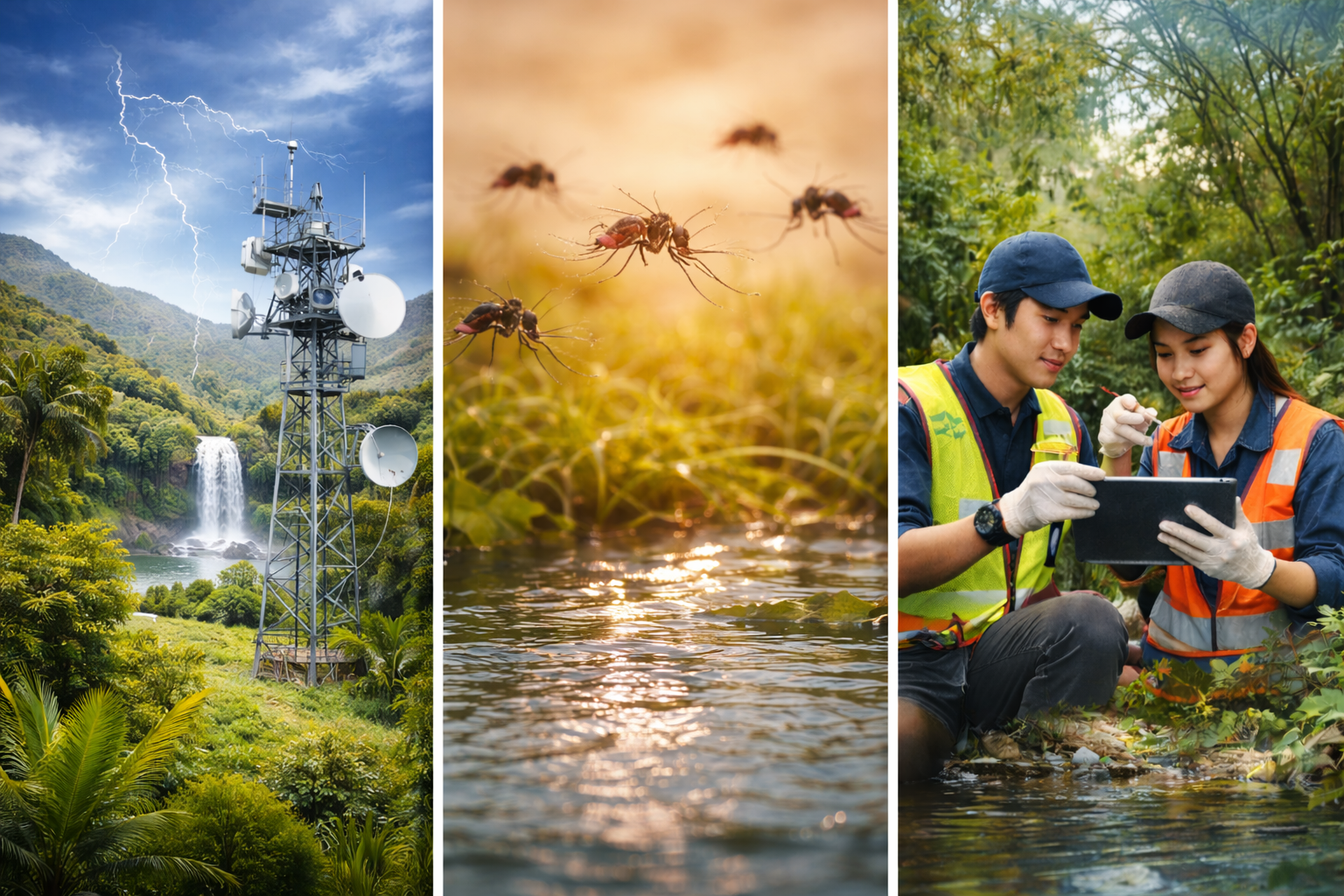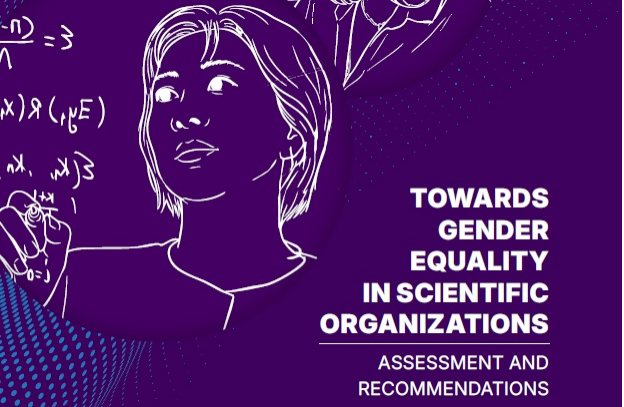From March 14 to 18, the Third UN World Conference on Disaster Risk Reduction (WCDRR) was held in Sendai, Japan, with 6,500 delegates from 187 countries, 42 intergovernmental organizations, 236 non-government organizations, and 38 UN entities. The conference consisted of the plenary session, ministerial roundtable, high level partnership dialogues, and over 30 working sessions.
On the morning of March 15, the CAS-TWAS Centre of Excellence on Space Technology for Disaster Mitigation (SDIM) co-hosted the working session “Earth Observations and High Technology to Reduce Risks” with UN Office for Outer Space Affairs (UNOOSA), Group on Earth Observations (GEO), Committee on Earth Observation Satellites (CEOS), European Space Agency (ESA), German Aerospace Center (DLR), Food and Agriculture Organization of the United Nations (FAO), and UN Committee of Experts on Global Geospatial Information Management (UN-GGIM).

The session, with over 400 participants from the field of Earth observation for disaster risk reduction (DRR), was aimed to 1) showcase how Earth observations and high technologies have contributed to HFA key priority areas and how they are actually used at national and regional levels and identify the areas for improvement, 2) identify the areas where these technologies will be able to further contribute to the post-2015 framework for DRR specifically providing the DRR community with relevant data and knowledge, including geospatial information, to monitor the implementation of the post-2015 framework, 3) present and discuss voluntary commitments including partnerships as a way to materialize those voluntary commitments.
At the session, UNOOSA, GEO, UNISDR, CAS-TWAS SDIM released a whitepaper entitled “Earth Observations in Support of National Strategies for Disaster-risk Management” aiming to provide guidance on how to move forward in promoting the use of Earth observation and Space-based technologies in DRR at the global, regional and national levels. Prof. Guo Huadong, Director of SDIM, and Prof. Chen Fang, Executive Deputy Director of SDIM, attended the working session and participated in the work related to the release of the said whitepaper.
WCDRR is held once every decade and the first two editions produced the “Yokohama Strategy and Plan of Action for a Safer World” and the “Hyogo Framework for Action:2005-2015(HFA)”, respectively. In the 3rd WCDRR,the “Sendai Framework for Disaster Risk Reduction: 2015-2030” was adopted.
CAS-TWAS SDIM is established in 2013 and jointly sponsored by the Chinese Academy of Sciences (CAS) and The World Academy of Sciences for the advancement of science in developing countries (TWAS), and hosted at the Institute of Remote Sensing and Digital Earth (RADI), CAS. The goal of SDIM is to conduct much-needed research on disaster mitigation through advanced space technologies, especially space-borne Earth observation technology and provide knowledge transfer in developing countries through joint research, education, training, workshop and advisory services.
Source: RADI





